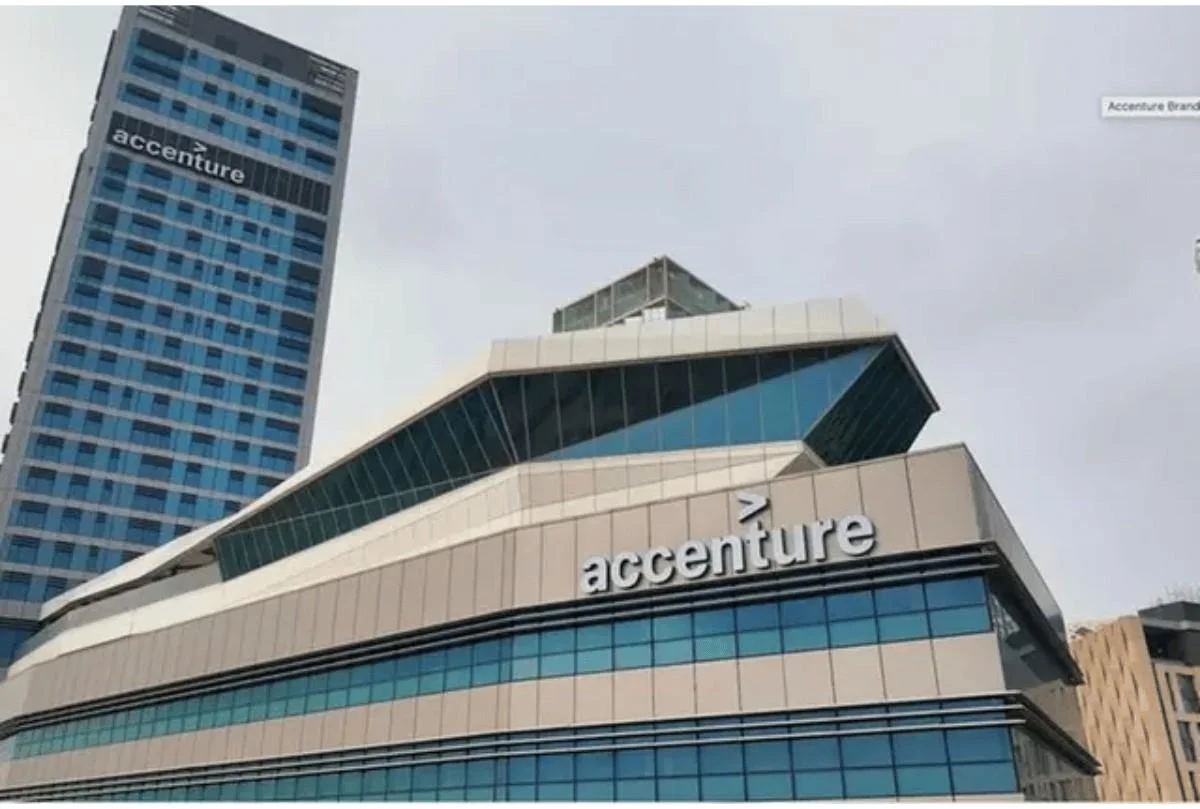Riyadh — Saudi Arabia’s e-commerce industry is entering a new phase of rapid expansion, powered by artificial intelligence (AI), digital payments, and a young, tech-savvy population, according to a new market report by IMARC Group.
The study projects the Kingdom’s e-commerce market to reach $708.7 billion by 2033, nearly tripling its current value, with a compound annual growth rate (CAGR) of 15% over the next eight years.
IMARC attributes this surge to the growing integration of AI technologies in e-commerce platforms — enabling personalized shopping experiences, smarter product recommendations, and predictive analytics — along with the increasing adoption of digital payment systems that are transforming how Saudis shop online.
E-Commerce Driven by Youth and Connectivity
Saudi Arabia now boasts 99% internet penetration and one of the highest smartphone usage rates globally. With over half the population under 30, the Kingdom’s Gen Z and Gen Alpha consumers are leading the online shopping revolution.
“The country has one of the youngest and most connected populations in the world, and it is increasingly shopping online in a retail market that still has plenty of room for growth,” said Mohamed El-Ansari, CEO of Trendyol Gulf.
While electronics remain the most popular online category, the report forecasts strong future growth in online groceries, fashion, and healthcare e-commerce, as consumer behavior becomes increasingly digital-first.
Challenges: Fees and Security Concerns
Despite government-backed digitization efforts, high service fees and security concerns continue to hinder full adoption of cashless payments. Many consumers still prefer cash-on-delivery, though new payment ecosystems and fintech partnerships are gradually shifting this trend.
Saudi authorities are addressing these barriers through initiatives like the $40 billion AI investment fund, which supports both the digital economy and Vision 2030’s diversification goals. The government is also pursuing bilateral digital cooperation with allies to expand infrastructure and boost confidence in digital transactions.
Regional Context: UAE Pushes Cashless Strategy
In neighboring UAE, Emirates and flydubai recently signed MoUs with Dubai’s Department of Finance (DOF) to promote cashless payments across the travel and tourism sector. The collaboration supports the Dubai Cashless Strategy, which aims to achieve 90% cashless transactions across public and private sectors.
Under this partnership, the airlines will leverage DOF’s network to enhance digital payment services for travelers, supported by initiatives like Skywards, Emirates’ loyalty program built around digital assets.
“With our global network, Emirates will promote Dubai’s cashless ecosystem internationally, encouraging millions of visitors each year to embrace secure digital solutions,” said Adnan Kazim, Emirates’ COO.
E-Commerce and AI: Cornerstones of Gulf Digitization
Across the Gulf, governments are uniting behind the twin forces of AI and digital payments to accelerate economic transformation. For Saudi Arabia, the IMARC report highlights a clear path forward — combining emerging technologies, youth-led innovation, and regulatory modernization to position the Kingdom as a regional leader in digital commerce and financial inclusion.















